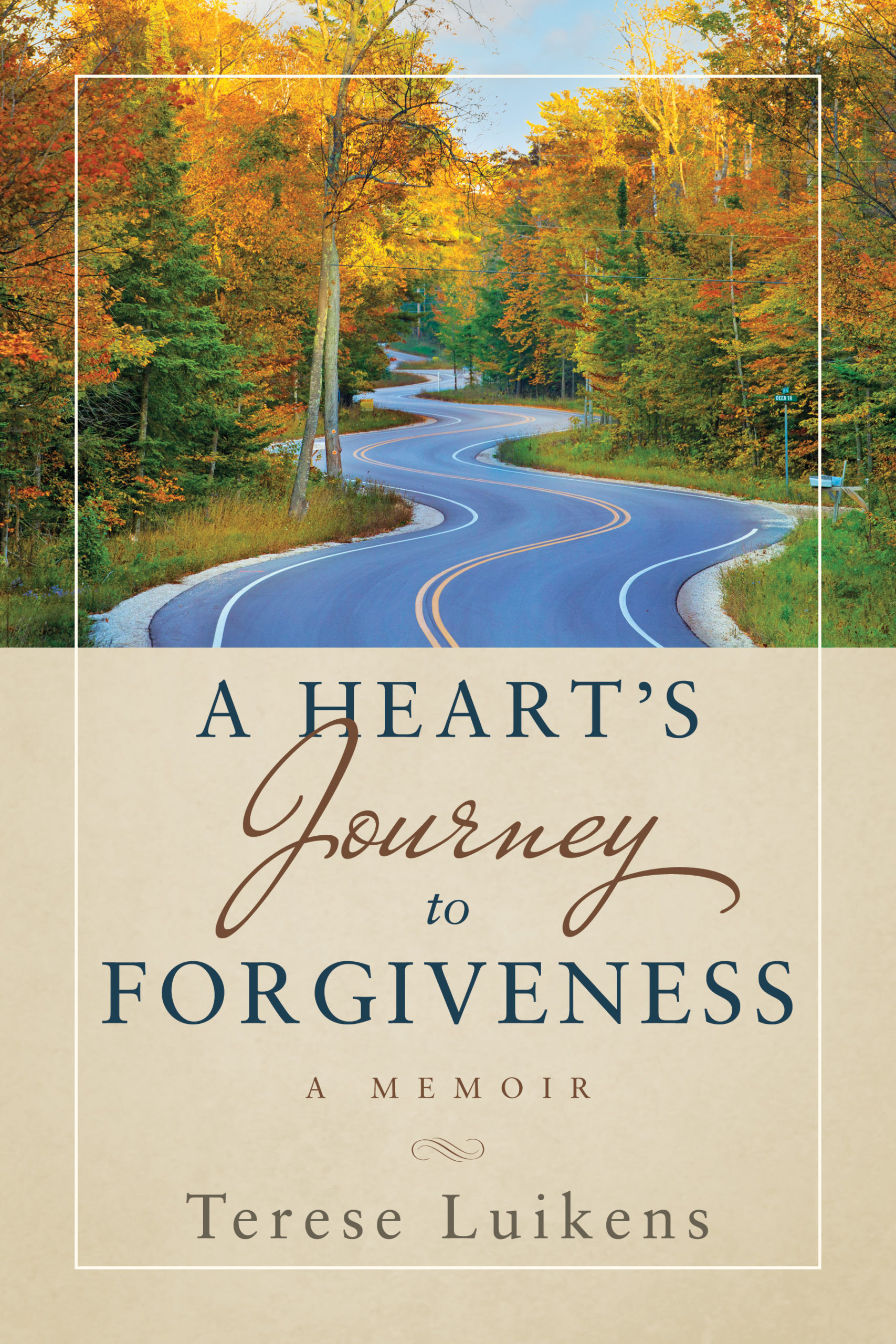
Why Bother Saying, “I don’t know.”
Dad set the standards for our family and he required all of us to pay attention to and follow his ideals. None of us were exempt. The boys as well as the girls, the oldest as well as the youngest. Some of Dad’s principles included; keeping your cuticles pushed back, respecting our mother, sitting up straight, giving a firm handshake, looking others in the eye and never saying, “I don’t know.”
Breaking A Life Commandment
How Dad came up with these ideals, especially prohibiting us from saying, “I don’t know,” is a mystery to me. But perhaps they were gleaned from his days in boot camp and the years he served as a cryptographer in the Army.
For Dad, while serving in the Army as a cryptographer, knowing or not knowing the answer to something was critical; a matter of life and death. After all, the job of a cryptographer involves decoding, protecting data, and sending information securely. You would not want to make a mistake in deciphering a coded message, you would not want to tell your commanding officer, “I don’t know.”
Consequently, as a youngster, I never questioned Dad’s guidelines because youngsters were taught to never question anyone who was in authority. Therefore, I dutifully obeyed until I grew up and discovered for myself that saying, “I don’t know,” was a standard I could no longer live by.
At first, saying, “I don’t know,” to myself or out loud almost felt like a sin. I was sure that even though Dad was no longer alive, I was disappointing him. I was cutting away from family morals and if my siblings knew, they’d wonder if I’d lost my way.
Like going to a church that did not have a crucifix, kneeling pads, or the statutes of the saints, saying, “I don’t know,” was a radical movement away from a long held and respected family tradition. Yet, I could no longer abide by this family commandment because in doing so I’d be conforming to hypocrisy. I had to admit the truth that so much of the time, I really did not know.
I do know some things, but not all things. And to admit to the things that I do not know gives me the freedom to depend, rely and lean onto the One who does know.
Why bother saying, “I don’t know.” God does not require full, complete and flawless knowledge from us. Instead, he knows we don’t always know which leaves him plenty of room to show us the way.
New Release
